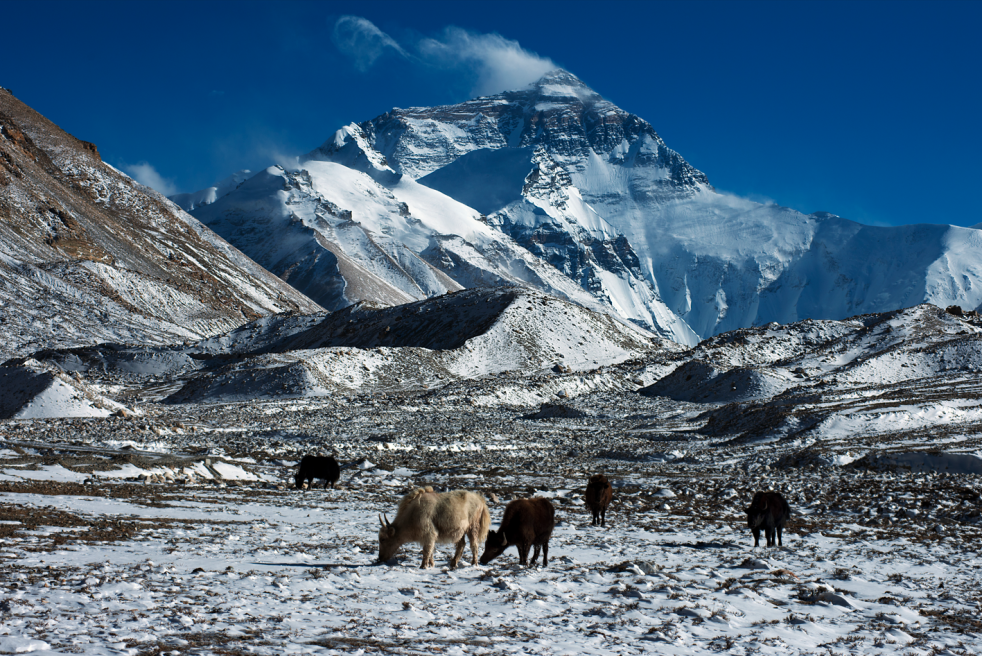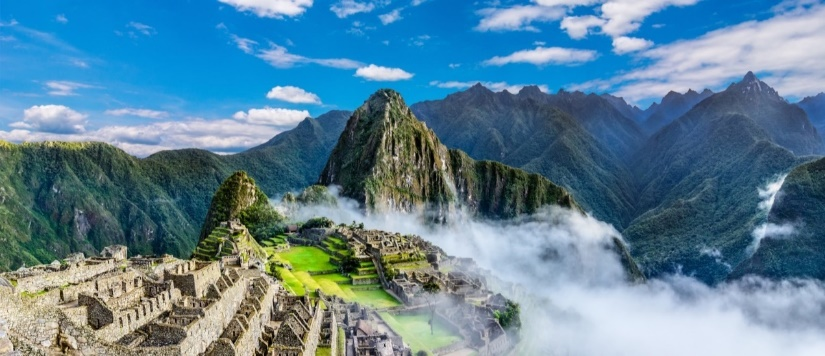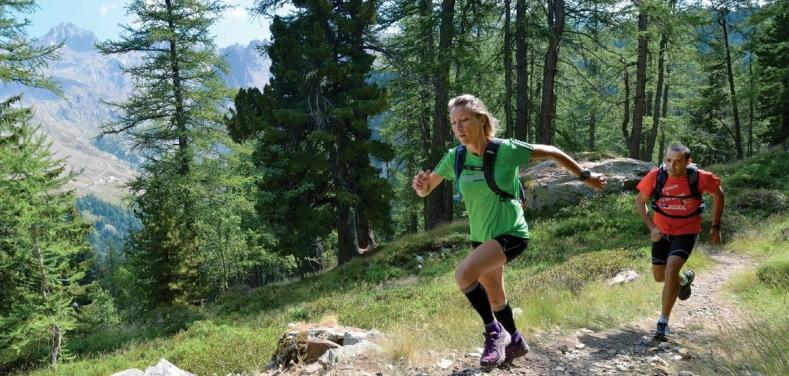Peter Semone: Reliable data research will make objective decisions on mountain tourism development and promote sustainable development
On May 29, the "International Mountain Tourism Day (IMTD) 2024" Theme Events were successfully held in Nice, the capital city of the French department of Alpes-Maritimes, France. Representatives of the Chinese Embassy and Consulates in France, the French cultural and tourism authorities, representatives of local government, representatives of international organizations, members of the International Mountain Tourism Alliance (IMTA), tourism agencies, tourism enterprises, industry experts, and media gathered together to discuss and revolve around the theme of "Mutual Understanding among People through Mountain Tourism" and the forum theme "Mountain Tourism Destinations Responding to Climate Change". The rich exchange activities highlight and promote the development concept of mutual learning among civilizations, driving innovation in the "Mountain Tourism+" model.

Peter Semone, Chairman of PATA made a speech in High-level segment.

The following is the full text of the speech:
In that capacity, it is my very great honour and pleasure to be with you here today and to update you on a research partnership that is being developed between the International Mountain Tourism Alliance (IMTA) and Pacific Asia Travel Association (PATA) to better understand the opportunities and threats associated with developing tourism in mountain areas.
PATA, which was established in 1951, has been working closely with IMTA since its formation in 2017 when the two organizations signed a memorandum of understanding.
It is undeniable that in searching for new experiences, mountain areas are coming under the gaze of travellers, for a number of reasons. At a very esoteric level, mountains are awe-inspiring with their majesty and unpredictable moods, while at a physical level their very presence affects local weather patterns, rainfall, fertility and even moods. In some cultures, mountains form such an integral part of daily life of residents that they are afforded both sentience and identity.
I am reminded of my recent travels in Tibet where the scenic beauty and mystical Buddhist culture combine to form a life changing experience.

Mount Qomolangma in Tibet, China
At the more mundane level, travellers, especially domestic travellers are beginning to discover that their own mountain destinations house a wide array of experiences and activities that can be accessed more frequently and more easily than many international ones. Further, many of these domestic experiences, driven by demand, are rapidly developing into world-class venues.
Mountains can also offer a wide range of seasonal experiences ranging from hiking in the summer to snow and ice activities during the winter months, with variations of both in-between.
In today’s climate confused world, mountains can also offer an escape to more tolerable and less polluted climates as the world deals with extremes elsewhere.

Peru's Sacred Valley World Cultural Heritage Site
While this is all positive on one side, there is also an inherent danger in developing mountain areas without strict management protocols as it is all too easy to destroy the very assets we love, with unrestrained exposure. And do not be complacent about this: the very presence of human activity in and across mountain areas affects to some degree, the structure and integrity of those areas and with the very fragile nature of some of those ecosystems, they can be lost without us even being aware of those losses.
Development comes at a cost and our role is to define and maintain the delicate balance it plays with the social and physical environment. But that requires hard, tangible data and it is here that some significant deficiencies become apparent. A recent report from UN Tourism and the Food and Agriculture Organisation points out that “the scarcity of domestic mountain tourism-related data make it difficult or even impossible to assess the economic, social and environmental impacts of this important segment”.

Outdoor cross-country running
More importantly perhaps is the fact that global generalizations relating to mountain tourism can easily mask some of the more subtle but no less important issues at a more local level.
This is what we aim to achieve with this working relationship: access to hard reliable data for objective decision-making on mountain tourism development but with a local perspective on the impacts of tourism. In this way, the sector can be managed to grow responsibly and sustainability and with an equitable distribution of benefits.
On behalf of the PATA members, I would like to thank IMTA for the opportunity to participate in and contribute to this 6th iteration of the international Mountain Tourism Day celebration. We look forward to continued collaboration and friendship.
Text and photos source: IMTA
Editor Ⅰ: Zhang Wenwen
Editor Ⅱ: Wu Dan
Editor Ⅲ: Liu Guosong














